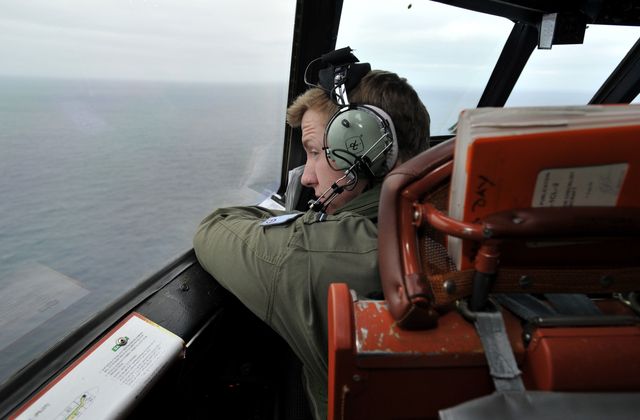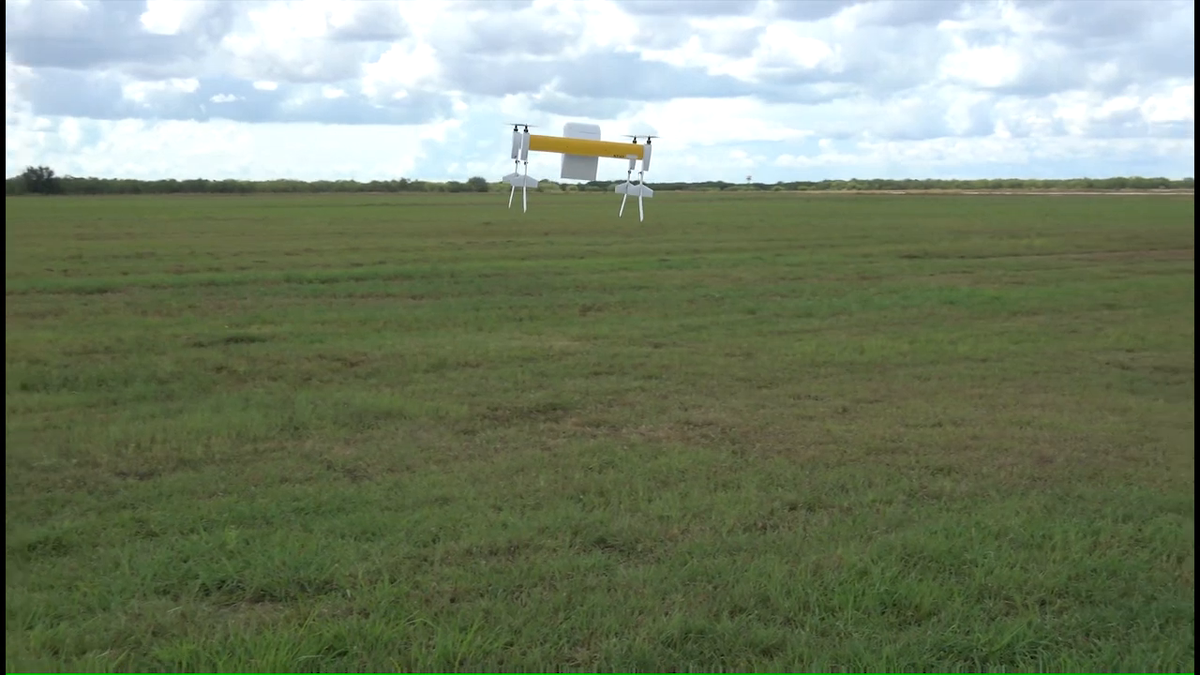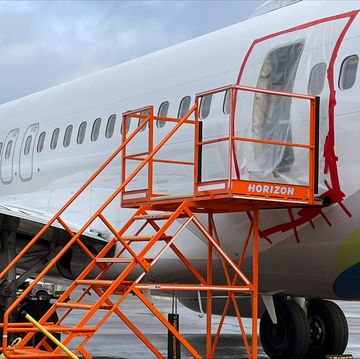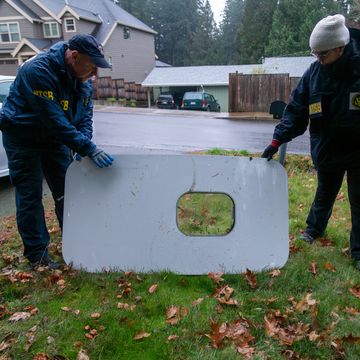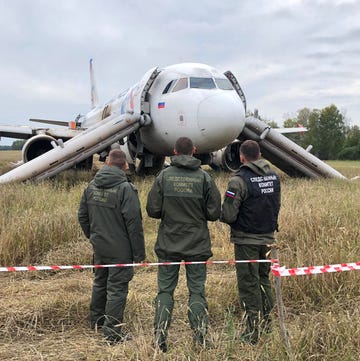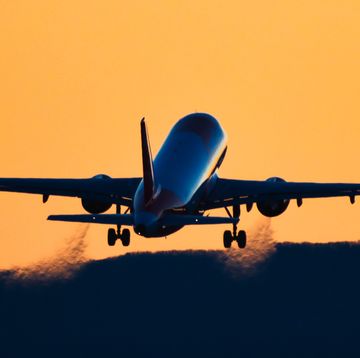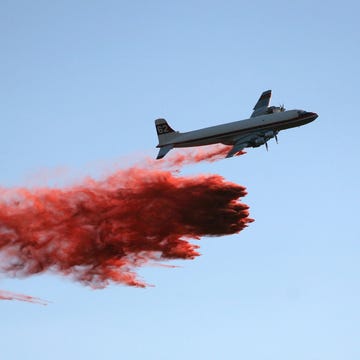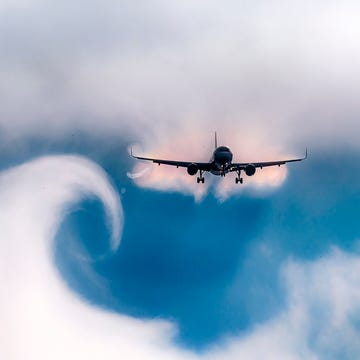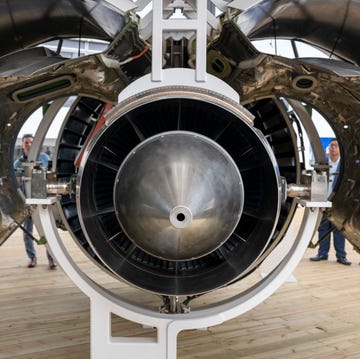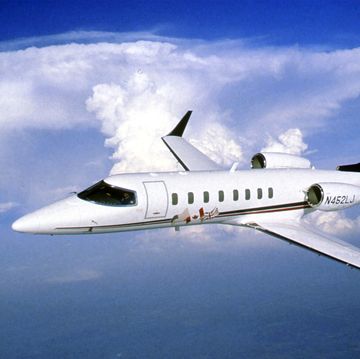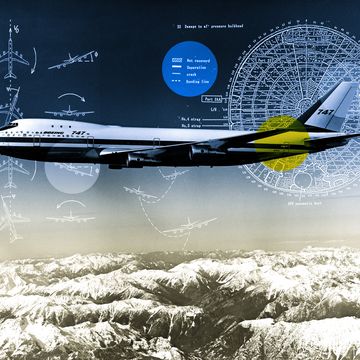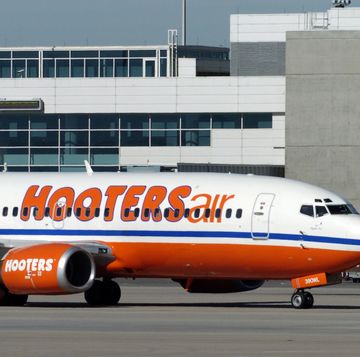As 2016 winds to a close, a last gasp gets under way. In a faraway corner of the Southern Hemisphere the deep-sea search vessel Fugro Equator begins what will likely be the last journey in an apparently fruitless $200 million quest to find the wreckage of Malaysia Airlines Flight 370.
No one really expects this foray to find the remains of the missing Boeing 777, which disappeared nearly three years ago. In fact, a recent review by experts concluded investigators may have been searching in the wrong place all along. When the voyage ends in early January, the three nations backing the search— Malaysia, China and Australia—have signaled they'll pull the plug on the entire mission unless new evidence surfaces.
That decision has enraged not only the families of the 239 people aboard MH370 but also aviation professionals, who argue that leaving a high-profile disaster unsolved is itself a threat to aviation safety. The president of the Australian Federation of Air Pilots, David Booth, cited the importance of recovering the wreckage of every single plane crash to determine the cause, and said the global aviation industry should rally to "fund a search of all feasible areas."
It's easy to see why flying pros are so concerned. MH370 may be the most famous unsolved mystery of the past few years, but it's for from the only major aviation accident that hasn't been resolved, at least to the satisfaction of safety experts.
The October 2015 explosion of a Metrojet A321 bound for St. Petersburg over the Sinai Peninsula was deemed to be an act of terrorism after an ISIS group took credit. But more than a year later, many questions persist about how, or even if, a bomb was smuggled past security onto a civilian airliner—and if it was an inside job, as some reports have suggested. The jet carried 224 people, mostly from Russia. That country's aviation investigators quickly descended on the scene and concluded from the evidence that an act of sabotage had brought down the plane. Egyptian officials, meanwhile, at first dismissed the bomb theory as an attempt to damage their already faltering tourism business.
The crash of Egyptair Flight 804 in the Mediterranean last May has also resulted in a spate of contradictory statements and accusations. Although Egyptian investigators recently said that traces of explosives were found on some of the 66 victims, whose bodies were retrieved from the bottom of the sea, the causes remain a mystery. Because the flight originated in Paris, the insinuation that a bomb got through French security has roiled relations between the countries. French investigators have accused the Egyptians of skewing the evidence to pin blame on another country.
"The motives of some of those involved (in the probes) can leave you speechless," said John Goglia, a safety consultant and former member of the National Transportation Safety Board. "Most Western countries have laws designed to keep politics out of air crash investigations. But that is not the case in much of the rest of the world."
While the NTSB is not a party to any of these open investigations, a source at the agency did acknowledge that the political interference in these matters is a troubling trend, especially at a time when air crash fatalities are at an all-time low. "We don't often have a lot of major investigations involving Western-built aircraft," he said.
As for MH370, Goglia said that even though the official government funding for the search has run out, that doesn't mean the quest for answers is over.
"The search will continue," he said, "but it will be a privately run," most likely with Boeing taking the lead. "It'll be smaller and more focused, but that's probably better." He noted the similarity to the 1987 crash of a South African Airways 747, also in the southern Indian Ocean. The plane was eventually recovered after years of searching from depths of 16,000 feet.

